China’s Snooker Triumph Marks a New Era in the Sport
For British newcomers in Beijing, many challenges await: navigating the language barrier, grappling with the intricacies of elite politics, and adapting to different business customs. However, one enduring facet they might encounter is the legendary status of Stephen Hendry.
Hendry, who made history as the youngest ever World Snooker Champion at just 21 years old, was once a household name in the UK. Today, his fame resonates primarily in China.
The Scottish player’s journey began in 1990 during snooker’s golden era, when millions tuned in to watch regularly. Concurrently, the sport was gaining immense popularity in China, thanks to increased television exposure and the nation’s openness to Western entertainment.
In the UK, snooker has since declined. The prohibition of tobacco advertising, which had supported its growth, led to a significant drop in viewership compared to the 1980s. Conversely, in China, players motivated by Hendry’s achievements began to rise onto the global stage, maintaining the momentum he sparked.
This year, Zhao Xintong’s historic victory in the World Championship final in Sheffield marks a significant moment, as he became the first Chinese player to claim the title, igniting enthusiasm in a typically reserved media landscape.
The People’s Daily proclaimed, “Zhao Xintong’s historic world title reshapes the future of snooker,” highlighting the moment on its front page—an exceptional honor for a sports event.
Zhao’s triumph reflects China’s increasing impact on global sports, even as the country continues to excel in the Olympics.

For an event to dominate front pages in China, it often needs to evoke a sense of national pride and present an inspiring narrative. Zhao’s story fits this mold perfectly. Many anticipated a Chinese world champion long before he emerged, as players began making a mark on global rankings two decades ago. Ding Junhui, who achieved the world No. 1 position in 2014 and reached the finals in 2016, paved the way for Zhao, making his victory a testament to China’s resilience.
Zhao’s journey was not without challenges; two years prior, he found himself embroiled in a major match-fixing scandal, resulting in a 20-month ban, which has since restricted him from competing in China.
While Zhao did not orchestrate matches himself, he was implicated for betting on his own games. This event served as a cautionary tale for younger athletes, emphasizing the importance of making the right choices.
Starting from scratch, Zhao battled through the qualifying rounds and was initially viewed as an underdog until he began outpacing some of the sport’s leading players.
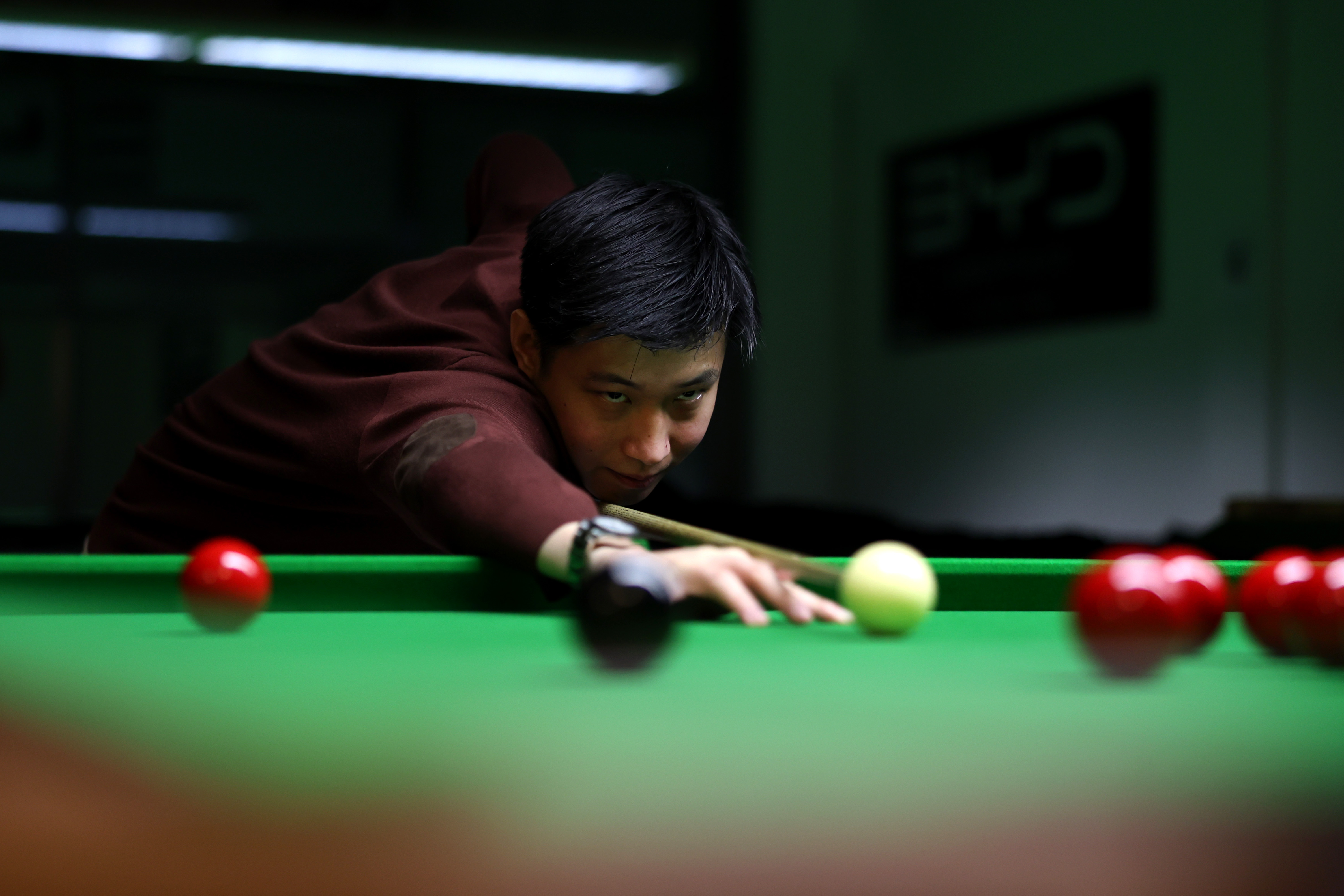
His unexpected success has been described as a “dark horse miracle” that exemplifies the evolution of Chinese snooker, as noted by the National Business Daily. This talk comes as plans for a new training center by the World Snooker Academy were announced in Chengdu.
The rise of Chinese snooker is no mere coincidence. British sports promoter Barry Hearn recognized the rising popularity of the sport in China during the 1980s and leveraged it for the game’s expansion, gaining support from Chinese authorities who aligned snooker with the country’s athletic aspirations.
Much debate surrounds China’s impressive achievements in individual sports, contrasting sharply with its struggles in team sports. Despite various theories, snooker has emerged as a sport benefiting from robust, state-sponsored facilities and a cultural emphasis on intense training, with one-third of world-ranking tournaments now hosted in China. Zhao was among six Chinese players advancing to the last 16 of the World Championship.
For Ding Junhui, who once stood as the pinnacle of Chinese snooker, witnessing Zhao’s victory must have been a bittersweet experience.
Ding’s amiable and approachable persona has won him fans worldwide, and he has established a snooker school in Sheffield, the sport’s heart. Despite his achievements, including reaching numerous finals, he never clinched the world title, and now he faces the likelihood of being overshadowed by a new generation.
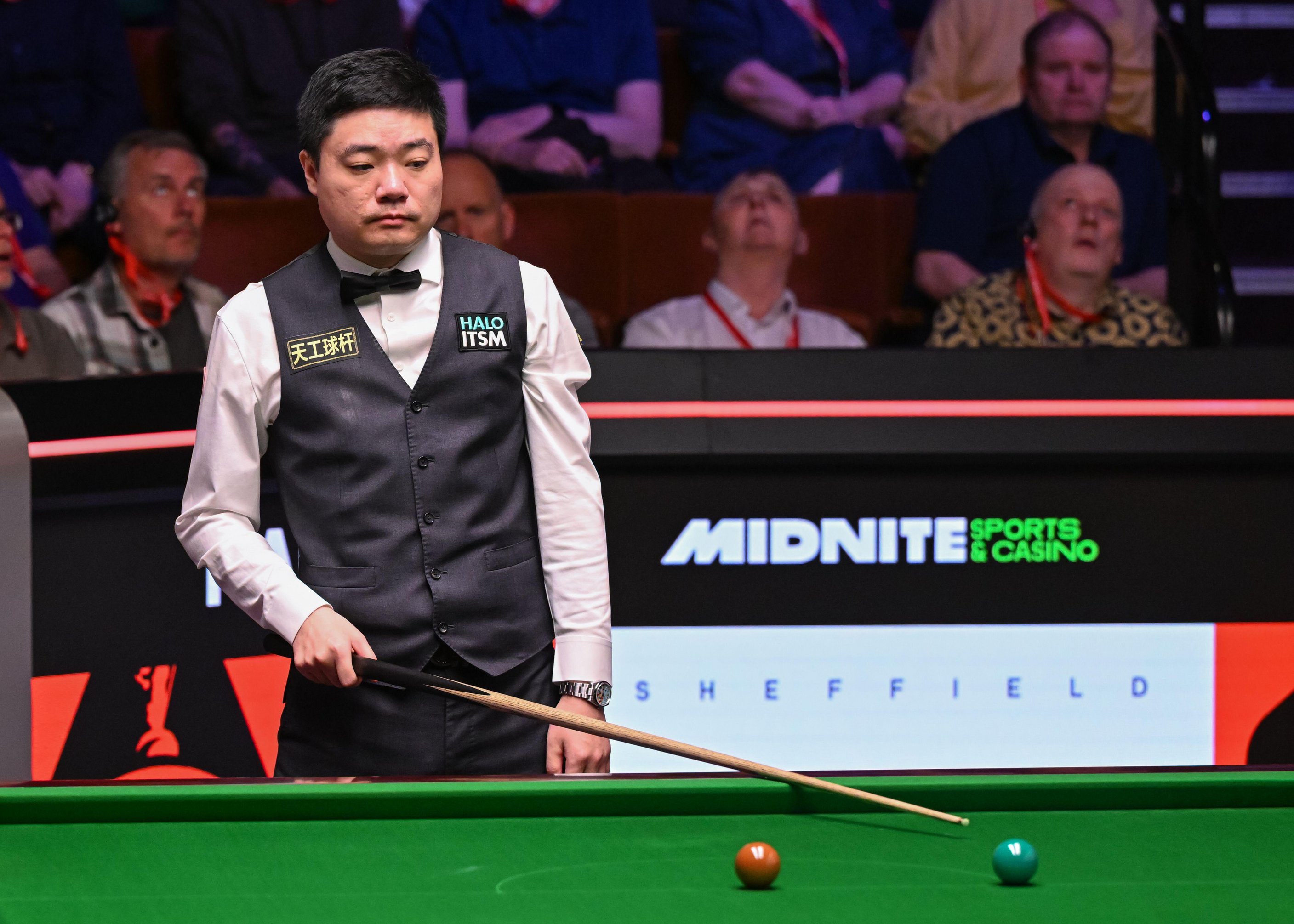
Nonetheless, both players paid tribute to each other. Ding remarked on social media, “The darkness we once traversed was to illuminate the way for others. Today, Zhao Xintong achieved it!”
Zhao expressed gratitude to Ding, noting, “Thank you, Brother Hui, for your perseverance and breakthroughs. Your efforts have allowed us to progress on a broader path today.”
Although neither mentioned Hendry directly, his influence lingers in their dialogue. Ding’s victory over Hendry in the 2005 China Open final marked a turning point for both Ding and the visibility of Chinese snooker on the global front. That triumph served as an inspiration for young Zhao, who was just eight years old at the time, leading him to frequent his local snooker club. This week, a new chapter in snooker history unfurled as the legacy passed from Hendry to Ding, and now onto Zhao.
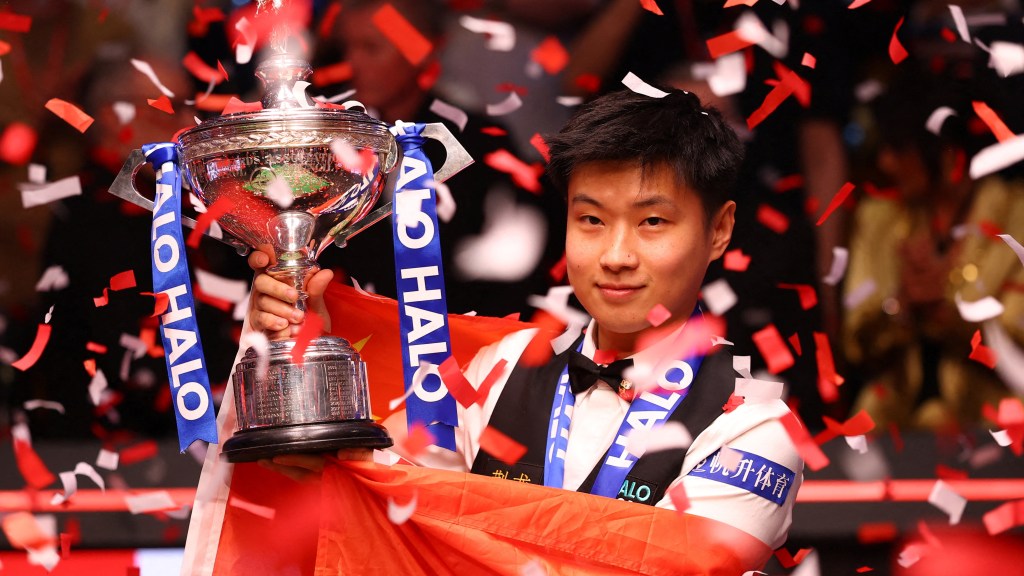
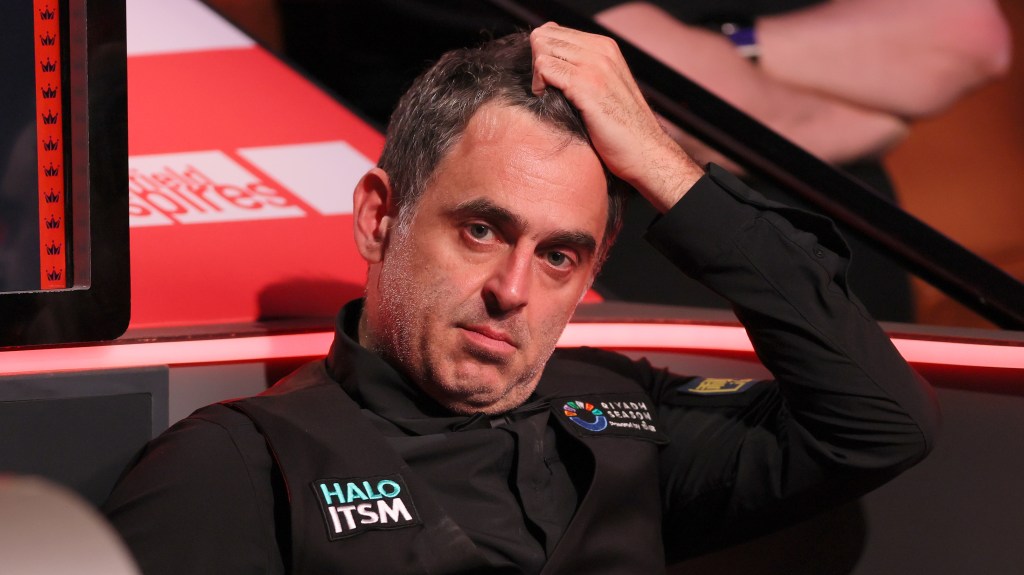
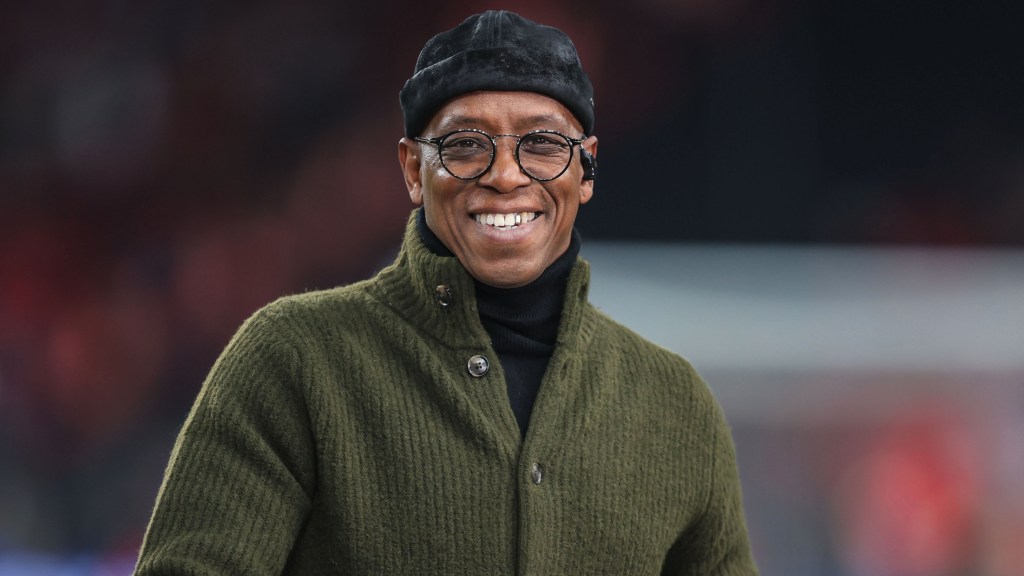

Post Comment